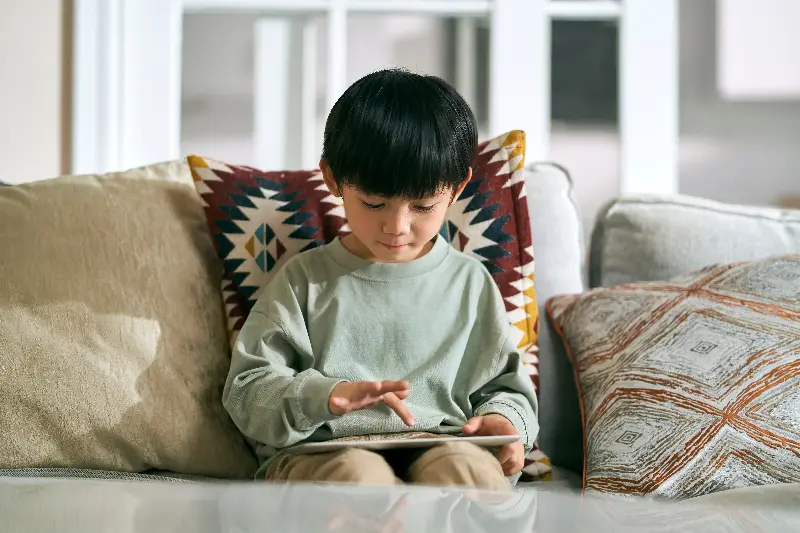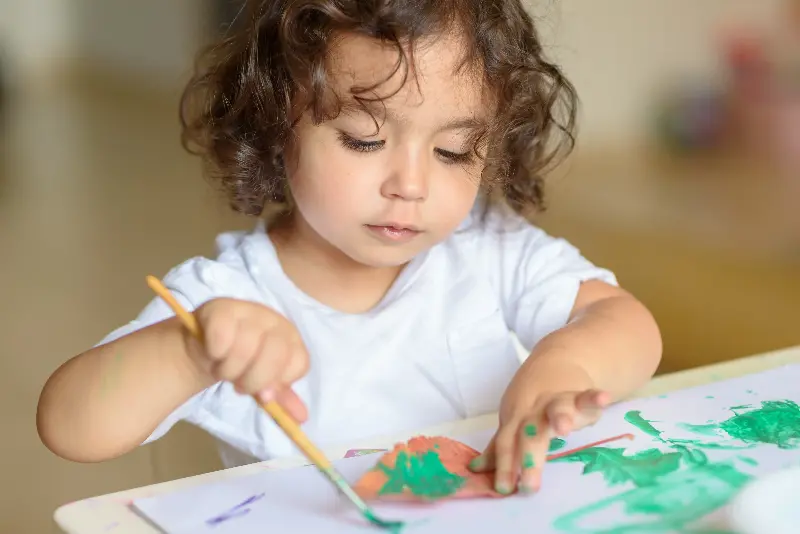
When screens power off, little imaginations light up. For many families, managing screen time for preschoolers is an ever-present challenge. Although tablets and TVs can entertain and educate, experts recommend limiting screen use for children aged three to five to just one hour of high-quality programming daily. But what can you do when your child pleads for “just one more episode?” Let’s dive into creative, hands-on ways to help your preschooler enjoy life beyond the screen while developing essential skills and making meaningful memories.
The Importance Of Reducing Screen Time
Screens aren’t all bad. In moderation, they’re a window into magical stories, educational tools, and opportunities for connection. However, research highlights why moderation is vital for preschoolers. Excessive screen time can interfere with healthy sleep, slow down language skills, and limit opportunities for physical activity and real-world social interactions. The American Academy of Pediatrics emphasizes that real-life play and human contact are key to strong cognitive development during these formative years.
Messy Play: Unleashing Creativity Without A Plug
There’s something magical about the mess that comes from painting, molding clay, or kneading dough. Messy play activities encourage sensory exploration and creativity. Fill a shallow bin with colored rice, lentils, pasta, or water beads, and let your child scoop, pour, and sift. Provide non-toxic finger paints or homemade playdough for tactile fun. Aside from entertaining, these activities help your child build fine motor skills and even early math concepts, like volume and measurement.

Back To Nature: Outdoor Adventures Await
Children are natural explorers. Even a patch of grass or a corner of a backyard can transform into a jungle, construction site, or fairy garden. Invite your child on a “nature scavenger hunt,” searching for leaves, stones, or insects. Simple gardening with child-sized tools brings learning about plants, responsibility, and patience. Trips to the park build gross motor skills—climbing, swinging, and running feed young bodies and minds. Don’t overlook rainy days; jumping in puddles or watching worms wriggle can be just as delightful.
Pretend Play: The Stage Is Set For Imagination
Preschoolers love to act out stories and everyday scenes. Set out a box of costumes—hats, scarves, old shirts, and costume jewelry—and watch the magic unfold. Role-playing as firefighters, chefs, or astronauts allows children to process emotions and practice social problem-solving. Try “story stones” or puppets to inspire new narratives, or simply let household items become props in their creative play. Recent studies have found that pretend play enhances language, self-regulation, and even early numeracy.

Music And Movement: Tune In To Fun
Dancing around the living room isn’t just energy-burning; it also boosts brain development. Play different styles of music and encourage your child to create their own dance moves. Sing nursery rhymes or invent silly songs together, clapping out rhythms. Homemade instruments—like shakers made from rice-filled bottles, or “drums” from empty containers—invite spontaneous concerts. These musical experiences help develop listening skills and coordination, all while strengthening the parent-child bond.
Storytime And Book Nooks: Turning Pages Together
Nothing beats the quiet magic of storytime. Snuggle up in a cozy reading corner, surrounded by a rotating selection of vibrant picture books. Visit your local library or organize a mini book swap with friends. For kids who are hesitant about reading, try picture-led storytelling; ask your child to narrate what they see or invent their own tales. Reading together supports language development, empathy, and imagination, providing everything that screens can’t.
Building Together: Blocks, Puzzles, And Projects
Construction toys and puzzles spark persistence and problem-solving. Blocks, magnetic tiles, and simple puzzles engage children for long stretches, often leading to collaborative masterpieces. For extra excitement, create a “maker space” with recycled boxes, tubes, and tape. Building together not only entertains but also teaches concepts of shape, balance, cooperation, and resilience when things go tumbling down.
Celebrating Boredom: The Gateway To Innovation
While it may sound counter-intuitive, occasional boredom isn’t something to fear. By not immediately turning to a screen, children learn to entertain themselves, flex their creativity, and discover their interests. Let your child have unstructured time and see where their mind wanders—this freedom can spark the next masterpiece, backyard adventure, or imaginary friend.
Reducing screen time doesn’t mean giving up on fun—or sanity. By offering a varied menu of hands-on activities, lively movement, creative play, and plenty of time outdoors, you’ll nurture your child’s body and brain in ways that a glowing screen simply can’t. With a bit of planning and a lot of imagination, your preschooler can enjoy a childhood filled with color, discovery, and connection beyond the digital world.
